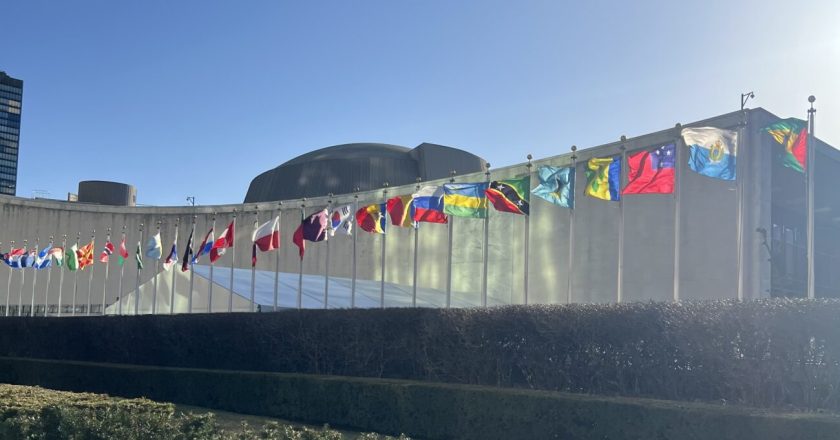The epic quest to redefine the second using the world’s best clocks
On a large table draped with hundreds of cables, a maze of mirrors and lenses bounces and guides a thin beam of laser light. It culminates at a silvery capsule, which holds 40,000 strontium atoms cooled to within a whisker of absolute zero. This delicate edifice is an optical clock, one of the world’s most accurate timepieces.
Instruments like this aren’t exactly designed to be portable – which makes it more than a little surprising that the operators of one such device at the German national metrology institute packed it into a trailer and sent it hurtling down a motorway. It was the start of a perilous journey: a bad jolt could disrupt the beat of its precise ticks. But it was necessary.
That was because, in 2022, scientists globally agreed that we should start work...




